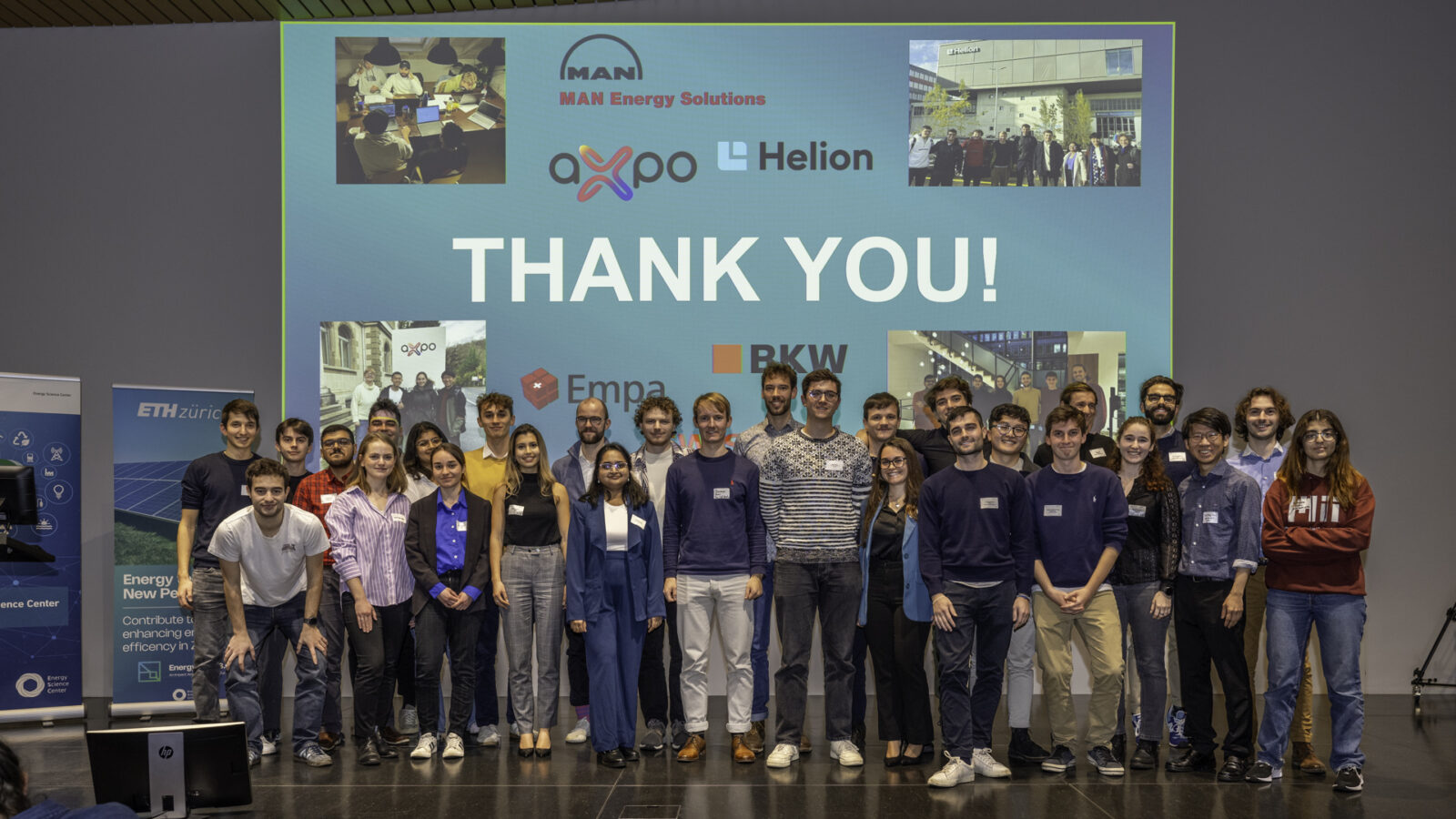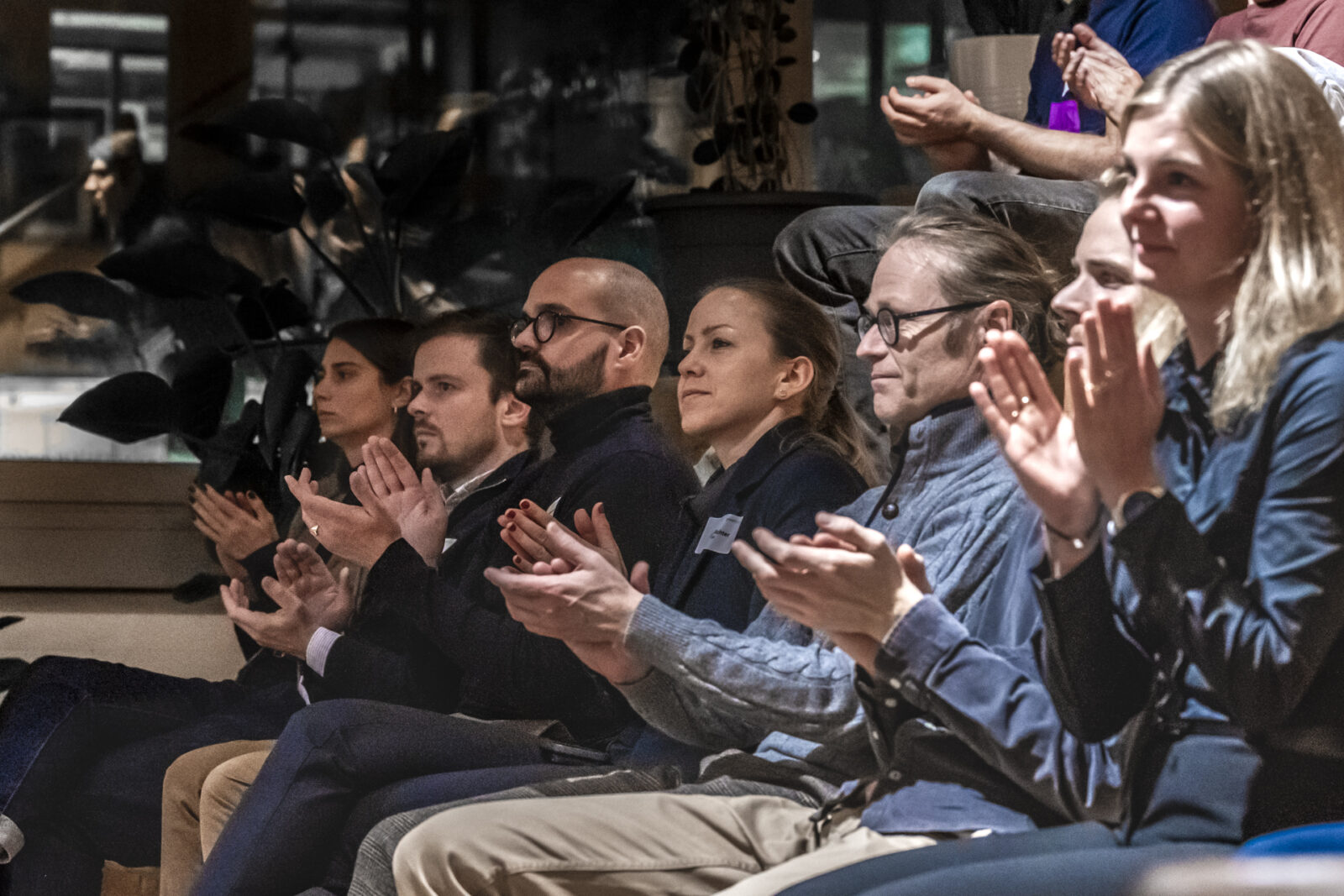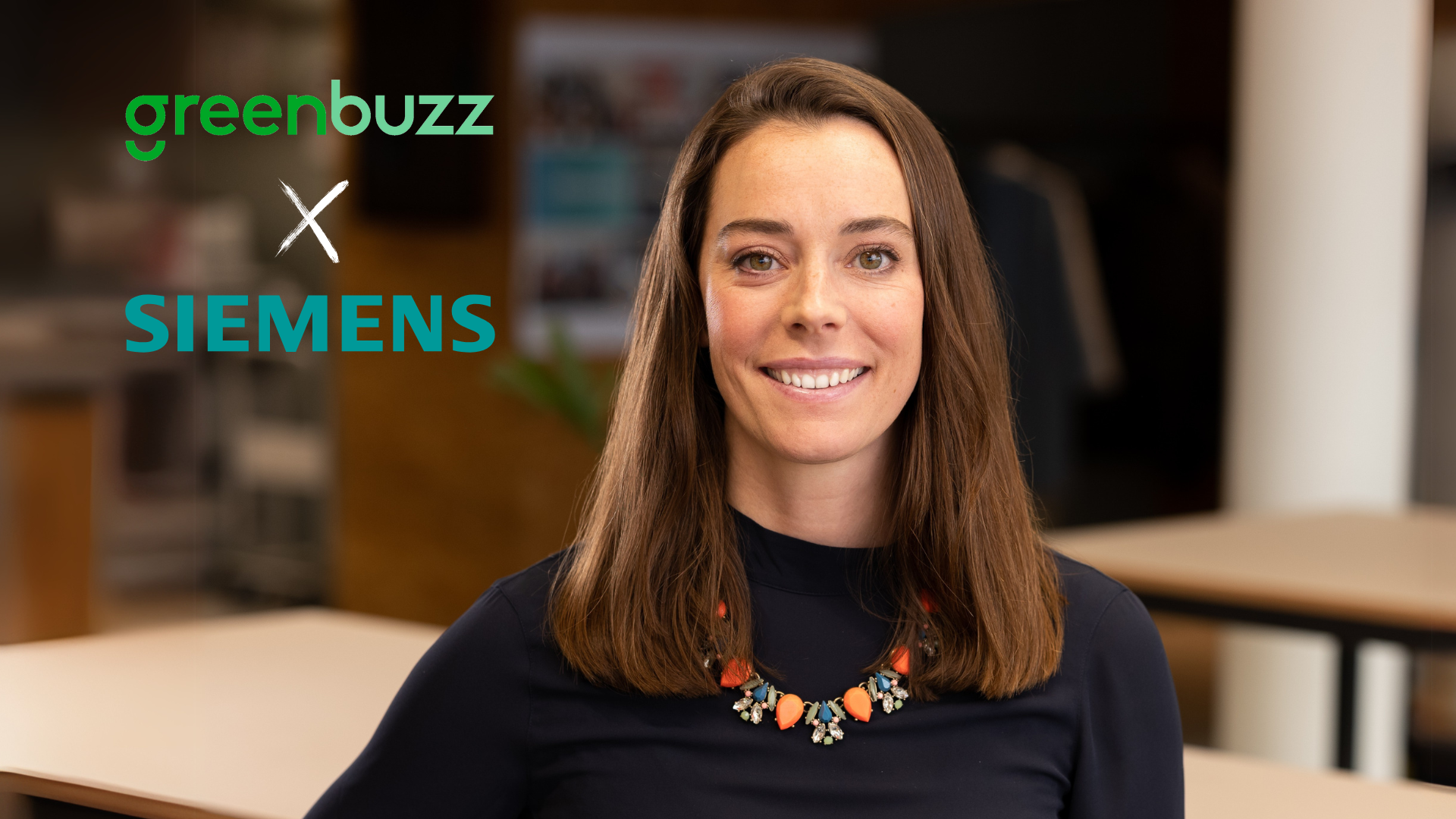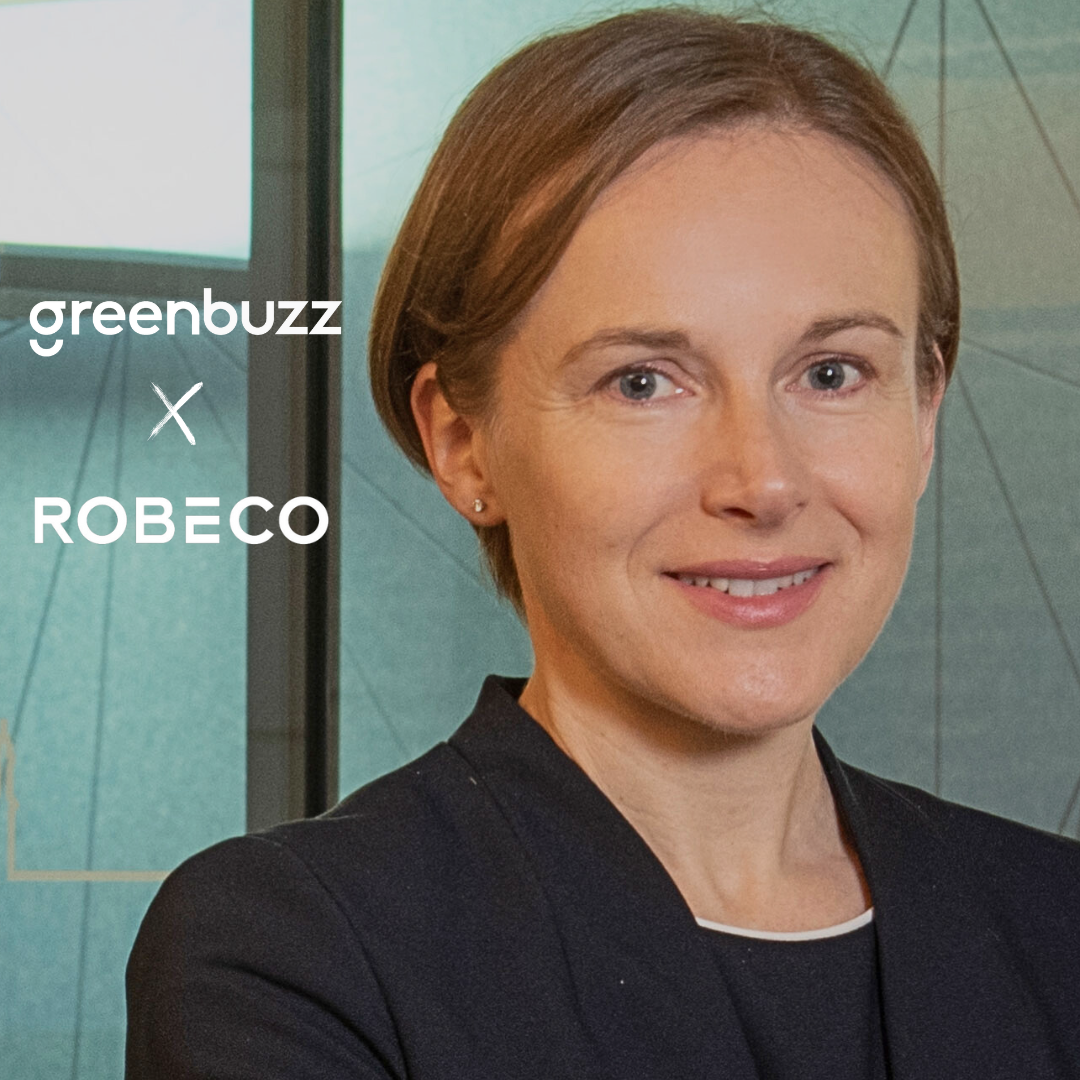Q: Milena, what inspired you to focus on sustainability knowledge networks for your thesis?
A: In my previous role as a Sustainability Manager for a Swiss SME, I became aware of the importance of experience and knowledge exchange between different stakeholders. I wanted to expand on this experience and learn more about existing networks in Switzerland.
Q: Why did you choose GreenBuzz as your case study? What aspects stood out for you?
A: I chose GreenBuzz because of the network’s mission and vision: “Making sustainability the new normal will only succeed through an interdisciplinary approach involving diverse stakeholders.” This strongly reflected the idea I find intriguing and wanted to explore further in my work.
Q: What do you think are the most impressive and widest impacts of GreenBuzz?
A: Bringing together stakeholders from various backgrounds, whether large corporations, SMEs, startups, NGOs, educational institutions, or public institutions, and fostering a holistic exchange on the topic of sustainability. This brings the whole sustainability ecosystem in Switzerland closer. The diversity of the network promotes a variety of perspectives and experiences, leading to a more comprehensive approach to sustainability. Additionally, it is inspiring and motivating to see how many people dedicate their free time to the cause. The network plays a crucial role here, as it provides a space for like-minded individuals to exchange ideas and be motivated by each other’s drive.
Q: Which were the favourite GreenBuzz events or workshops you attended, where you saw all this in action?
I really enjoyed the GreenBusiness Sprints because they focused on solving concrete problems with the help of the diverse knowledge within the network. I also liked the thematic events, as they provided an opportunity to acquire new knowledge and meet interesting and very heterogenous people during the networking sessions.
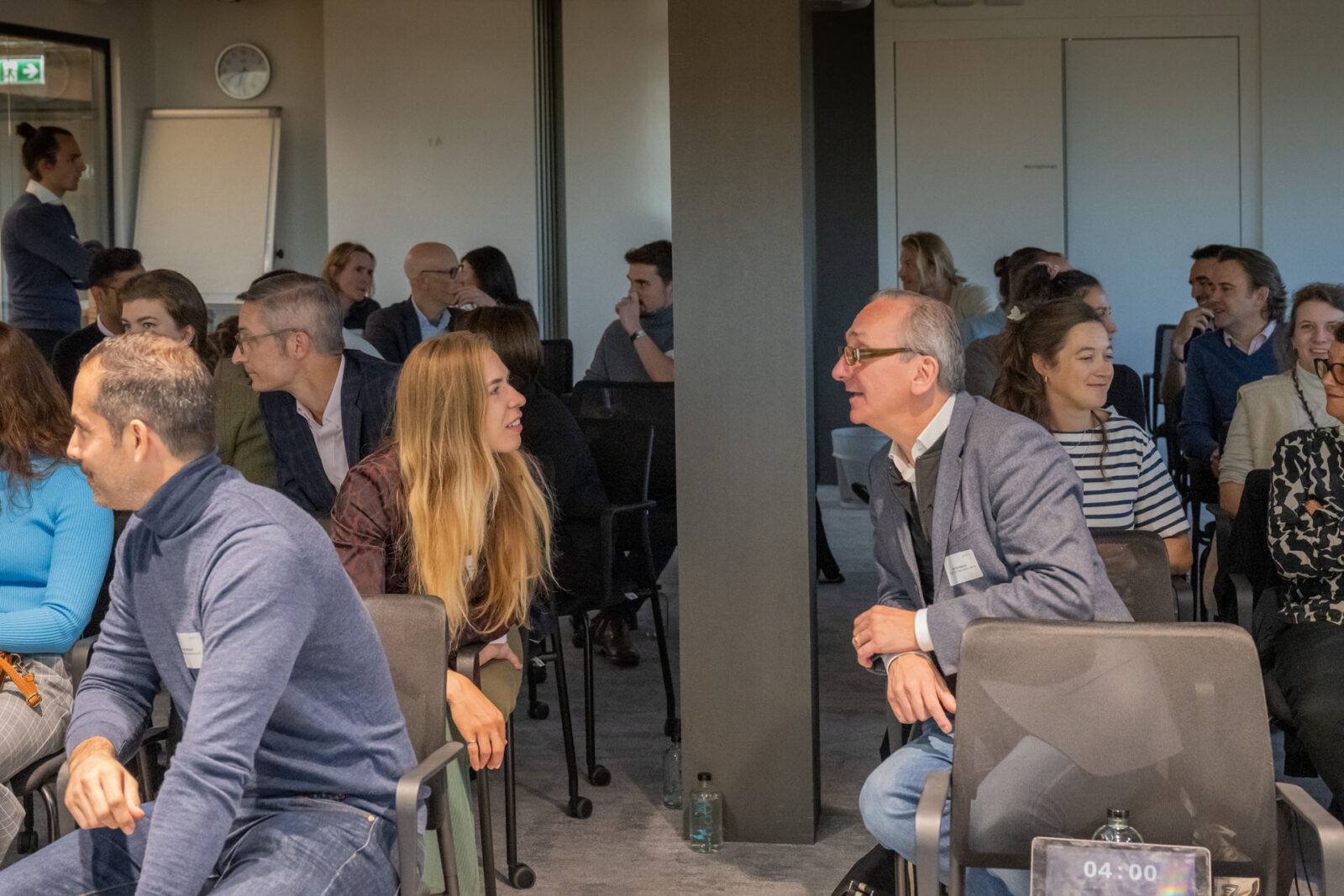
Q: What lessons from GreenBuzz’s approach could be applied to other sustainability networks globally?
A: Due to the complexity of the topic, a holistic approach is needed to drive sustainable change. GreenBuzz creates a space in which precisely this type of holistic discussion is possible through the vision to bring together heterogeneous actors. This creates a place where all system-relevant stakeholders can exchange ideas and learn from each other. Thanks to the informal and friendly culture and the various formats offered by the network, everyone can choose a suitable format and feel welcome, this is of high importance to foster knowledge exchange. Open access is also important in order to promote heterogeneity in networks. It is also important to mention the role of the network leader, who should take on the role of coordinator and facilitator between the various players.
Q: What has been your personal takeaway from studying GreenBuzz and sustainability networks?
For me, it’s that the exchange with other intrinsically motivated people in networks such as GreenBuzz has a motivating function that can positively influence one’s own commitment to sustainable development. Moreover, the network offers the advantage of having direct access to many experts in various fields, which is extremely beneficial and also holds the potential for new collaborations and joint initiatives.
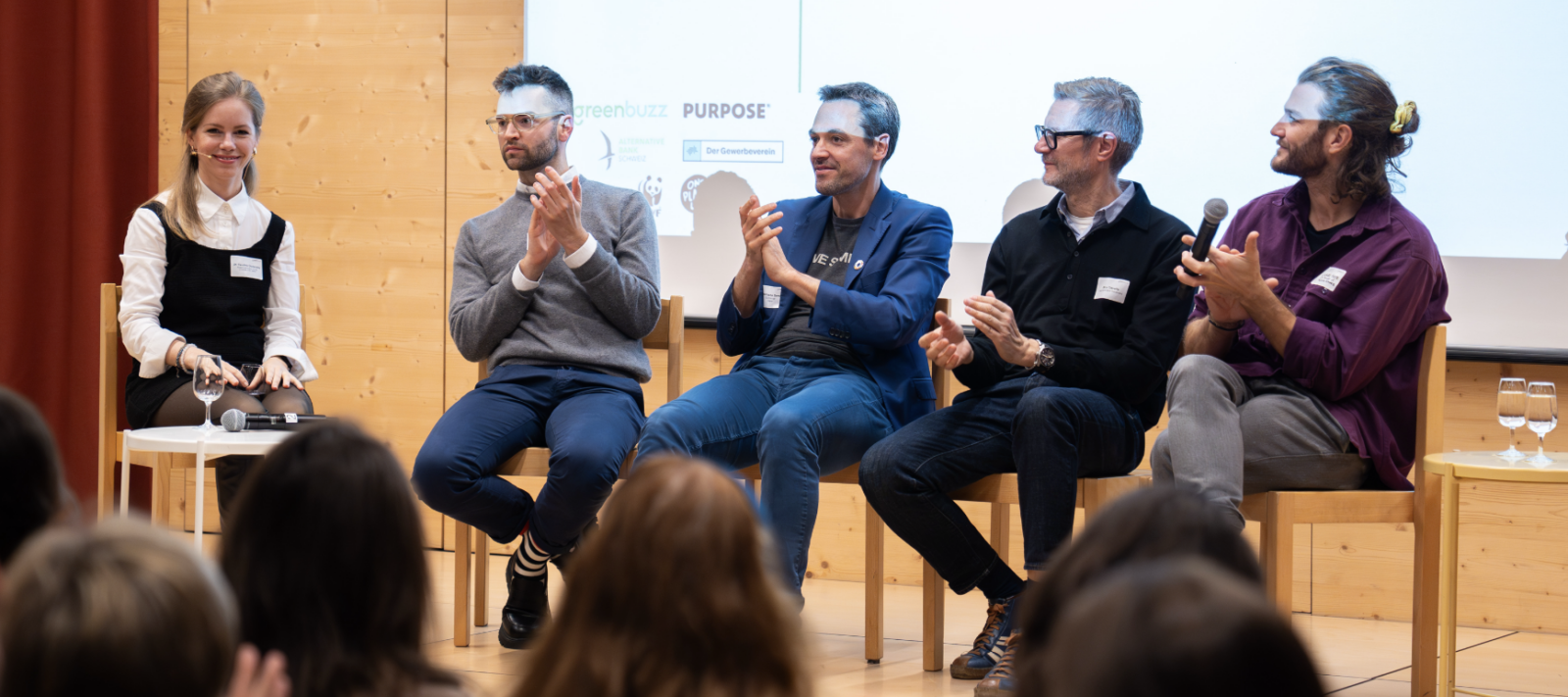
Q: Which of the results of the research and interviewee comments has stayed with you the most?
One of the interviewees told me that he was inspired by a speaker at a GreenBuzz event to rethink his whole approach to his sustainability strategy and address issues he hadn’t really thought about before.
Another told me that through the events she has access to the latest scientific research, which is normally behind paywalls and only accessible to scientists or students for free.
Q: In your view, what is the future of sustainability knowledge networks? How do you see their role, in light of current global challenges?
I think that knowledge networks on sustainability will be of great importance to bring people together and promote exchange between different sectors of society that would not come into contact so often without these kinds of places.
But above all, to bring together and connect the local people who want to drive this change forward, so that new, joint initiatives and collaborations can be developed
Milena, thank you for your research and for your interview!

